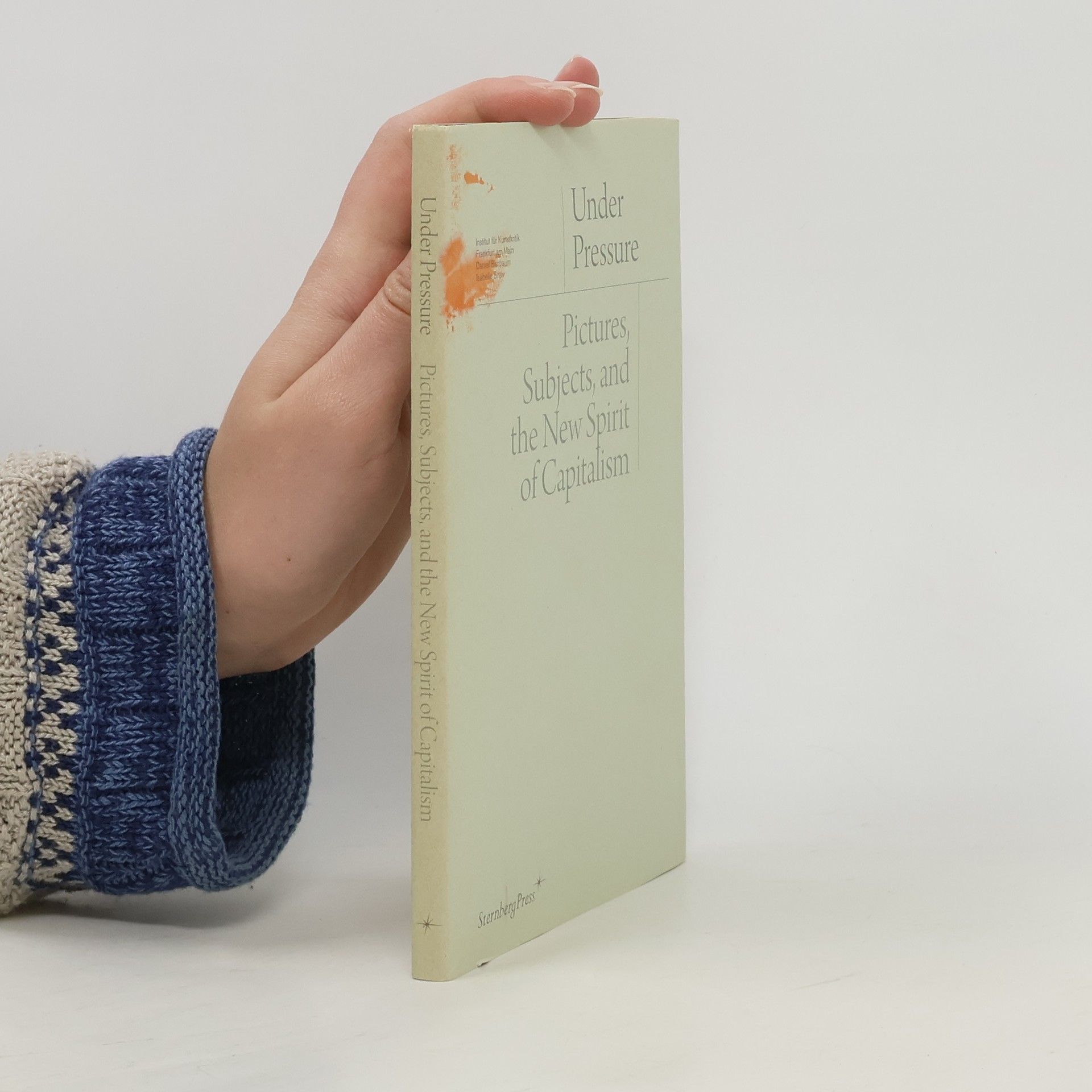Exploring the concept of the "multitude," Paolo Virno delves into its significance in grasping the complexities of modern existence. He examines how this idea reflects collective experiences and challenges in today's society, offering insights into social dynamics and individual agency. Through a philosophical lens, Virno articulates the implications of the multitude in various contexts, making it essential for understanding contemporary life and its myriad interactions.
Paolo Virno Book order (chronological)
Paolo Virno is an Italian philosopher whose work delves into political philosophy and cultural theory. His writings often focus on analyzing contemporary forms of labor, revolutionary strategies, and the complexities of modern society. Virno critically examines how social and political relations can be reshaped within the context of post-Fordism and globalization. His intellectual approach is characterized by a deep reflection on the impacts of technology and capitalism on the human experience.






An Essay on Negation
- 232 pages
- 9 hours of reading
The Idea of World
- 172 pages
- 7 hours of reading
A philosophical exploration of what capitalistic societies truly mean for the individual. A short vade mecum for unrepentant materialism, The Idea of World collects three essays by Italian philosopher Paulo Virno that are intricately wrapped around one another. The first essay, "Mundanity," tries to clarify what the term "world", as referred to the perceptual and historical context of our existence, means--both with and against Kant and Wittgenstein. How should we understand expressions such as "worldly people," "the course of the world," or "getting by in this world"? The second, "Virtuosity and Revolution," is a minor political treatise. Virno puts forward a set of concepts capable of confronting the magnetic storm that has knocked out the compasses that every reflection on the public sphere has relied on since the seventeenth century. The third, "The Use of Life", is the shorthand delineation of a research program on the notion of use. What exactly are we doing when we use a hammer, a time span, or an ironic sentence? And, above all, what does the use of the self--of one's own life, which lies at the basis of all uses--amount to in human existence? Presenting his ideas in three distinct vignettes, Virno examines how philosophy of language, anthropology, and political theory are inextricably linked.
Convention and Materialism
- 272 pages
- 10 hours of reading
"Virno's first book, revised in 2010, and one of the first important considerations of "immaterial labor" from a heterodox Marxist perspective. With an introduction by Giorgio Agamben"-- Provided by publisher
Deja Vu and the End of History
- 192 pages
- 7 hours of reading
This book places two key notions up against each other to imagine a new way of conceptualizing historical time.
When the Word Becomes Flesh
- 263 pages
- 10 hours of reading
Originally published in Italian in 2002, When the Word Becomes Flesh provides a compelling contribution to the understanding of language and its relation to human nature and social relationships. Adopting Aristotle's definition of the human being as a linguistic and political animal, Paolo Virno frames the act of speech as a foundational philosophical issue -- an act that in its purely performative essence ultimately determines our ability to pass from the state of possibility to one of actuality: that is, from the power to act to action itself. As the ultimate public act, speech reveals itself to be an intrinsically political practice mediating between biological invariants and changing historical determinations. In his most complete reflection on the topic to date, Virno shows how language directly expresses the conditions of possibility for our experience, from both a transcendental and a biological point of view. Drawing on the work of such twentieth-century giants as Ferdinand de Saussure, Ludwig Wittgenstein, Edmund Husserl, and Gottlob Frege, Virno constructs a powerful linguistic meditation on the political challenges faced by the human species in the twenty-first century. It is in language that human nature and our historical potentialities are fully revealed, and it is language that can guide us toward a more aware and purposeful realization of them.
Art isn't just about creating work anymore. Today, external pressuresand constraints play a large role in the artistic process and production.In recognition of this reality, the Institut für Kunstkritik held a series ofconferences in 2006 and 2007 to explore the value system that resultsfrom what they dubbed the New Spirit of Capitalism and to confronttheoretical models with ad-hoc conditions of production. The thoughtsof conference participants Luc Boltanski, Sabeth Buchmann, TimGriffin, W.J.T. Mitchell, Sighard Neckel, Martin Saar, and Paolo Virnoare compiled in this book of questions and dilemmas for today'scultural producers and society at large.
Grammatik der Multitude
- 188 pages
- 7 hours of reading
Die Grammatik der Multitude bezieht sich auf die spinozistischen Figur der multitudo. Virno beschreibt die Verdrängung dieses Begriffs durch den des 'Volks' im 17. Jahrhundert. Die multitudo wurde im Laufe dieser Entwicklung immer mehr zum Synonym für das ungeordnete, wilde und gemeine Außen des Staatsvolks. Erst in der heutigen postfordistischen Lage, in der sich eine hinterhältige Form von 'Kommunismus des Kapitals' breit macht, wird die multitudo wieder zu einer Eigenschaft des gesellschaftlichen Systems und setzt sich als Phänomen und Begriff ihrerseits gegen das (Staats-)Volk durch. Die Multitude konstituiert eine 'nicht-staatliche Öffentlichkeit', aus der mannigfache Formen der Selbstbestimmung und -organisation hervorgehen können, die aber auch als Quelle schrankenloser Angst eine tiefe Ambivalenz in sich birgt. In 'Die Engel und der General Intellect' untersucht Virno das sich daran anschließende Problem der Individuation anhand der Texte von Duns Scotus und Gilbert Simondon.
